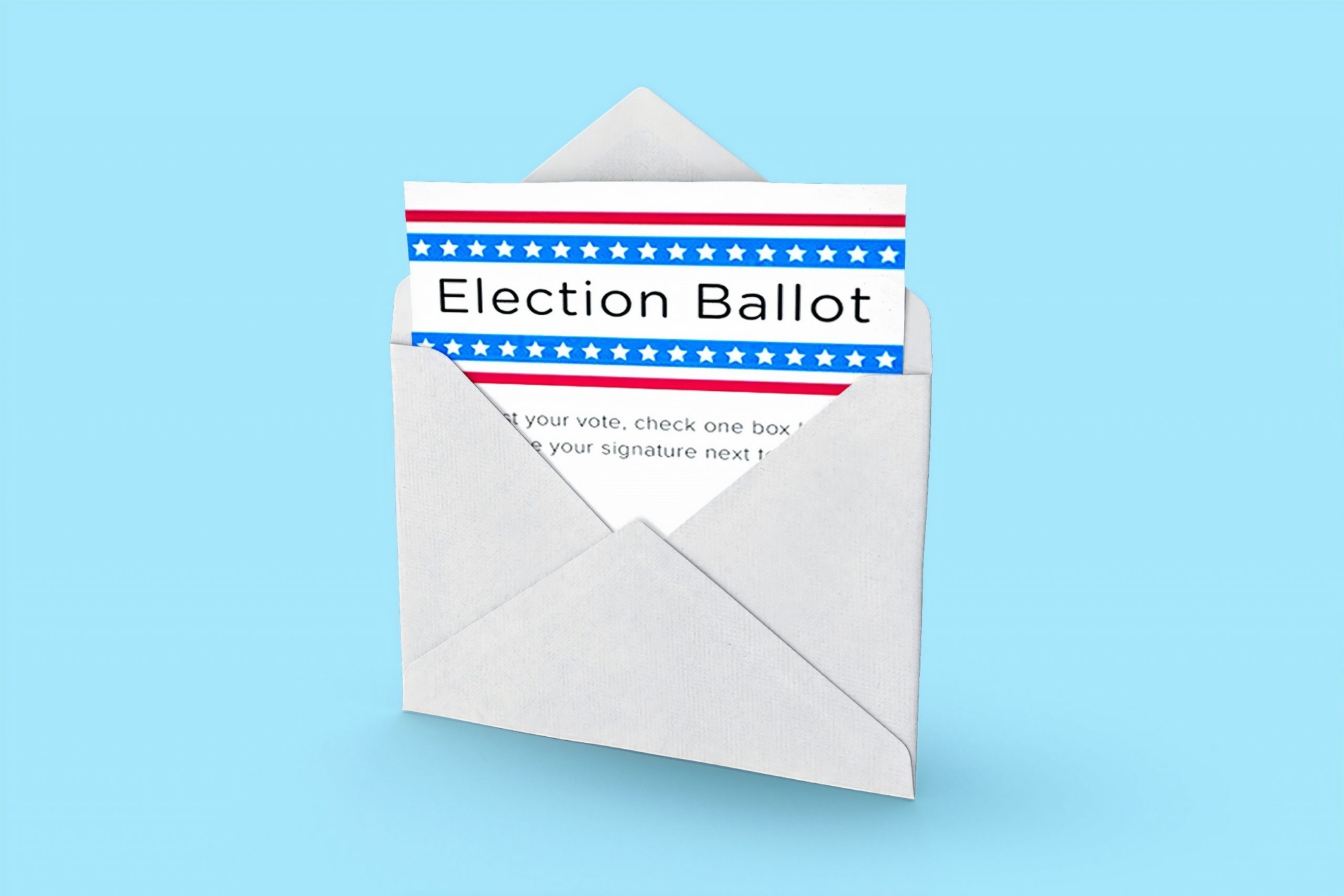Responding During Election Season and Debates: What To Do When The Candidate Doesn’t Know The Facts But You Do

Public charities can always educate the public — including candidates and elected officials — about their mission, the problem the nonprofit hopes to solve, and policy or budgeting items related to those two.
But sometimes, during debates or otherwise throughout election campaigns, candidates get the facts wrong or, worse, don’t know them at all.
During this highly contentious election season, can 501(c)(3) public charities continue to engage, educate, and advocate for their missions with candidates?
The answer is a resounding YES, because nonprofits can — and should — hold government accountable in order to advance their missions.
501(c)(3)s cannot, however, oppose or support a candidate, and this includes commenting in a way that implies partisanship. In today’s highly polarized world, it may seem that everything from food stamps to clean water has become a partisan topic. But the reality is that 501(c)(3) nonprofits have always engaged in mission-related policy and advocacy work, and, as such, can continue to do so even now.
To help you advocate as boldly as possible right now, we wanted to offer a quick refresher on ways nonprofits can — and should — educate and advocate during an election while remaining nonpartisan.
Continue Educating and Advocating
1) First, educate! Candidate and elected official education is really just another form of public education. If the nonprofit has facts and statistics and the problems it hopes to solve with different policy items or budget requests, it can (and should) make those known to candidates.
A nonprofit can do so by sending a letter to every candidate and offer a meeting and time to discuss what the nonprofit does and how it does it.
As long as the nonprofit provides information and data it already has on hand (and doesn’t create new information at a candidate’s request), it can advocate, engage with, and educate candidates about mission and priorities. It is always important to acknowledge that candidates and elected officials cannot know everything.
2) Second, consistency is key! If the nonprofit has never spoken about an issue before or has no history of engaging around a certain policy proposal, suddenly speaking up about the issue during a candidate debate or right before an election may seem suspiciously partisan.
For nonprofits in today’s world, that means that it is more important than ever that advocacy and lobbying are used as tools to advance the nonprofit mission year-round. By doing so, it creates a track record.
Here are some examples about what we mean when we say “be consistent”:
- If you have often said that the “community wants clean water” now is not the time to switch your language and say: “voters want clean water.” Keep your language consistent, and focus on the issues (as opposed to the election) as you increase awareness around your mission.
- This October is not the best time to push out your nonprofit’s first ever legislative scorecard. But do think about including a scorecard in your long-term strategy if you and others you work with intend to impact state-level policy or budget decisions.
- FYI: Legislative scorecard publication is a permissible activity for public charities, so long as it is done in a nonpartisan way.
- Similarly, be mindful of paying for ads at this moment. If you have never criticized the president for his immigration policies, now is not the time to take out a full-page ad articulating your opposition to his administration on that point.
3) Third, understand the rules about engaging with candidates and responding to their comments!
Debates and forums are often fast-moving affairs, with lots of “memorized facts” that can gloss over the truth or simply be wrong. If the nonprofit intends to directly respond during an upcoming presidential debate, it should:
- Think through why responding now helps its advocacy program,
- Determine who is permitted to “speak on behalf of the organization,”
- Focus on what is said (the issue) and not the candidates themselves, and
- Ensure that the facts provided meet the above objectives.
Again, a highly contested presidential debate is not the time to respond to every possible policy issue, nor the time to call out a candidate as not being supportive of your mission. It’s also not the time to comment on a candidate’s record or qualifications to lead.
4) Fourth, vote!
Encouraging voting as a civic duty is important for every nonprofit. So plan a voter registration drive and get out the vote! Just make sure not to suggest who people should vote for in the upcoming election.
Ask for help
Finally, above all else, feel free to ask for help. At Bolder Advocacy, we train thousands of nonprofit professionals, and volunteers alike in the complex rules and overlapping laws surrounding issues like nonprofit lobbying and protecting your charitable tax status. Reach out and ask before you hit the send button. You can reach out to our FREE technical assistance service here.
Election seasons come and go, but a nonprofit should always keep its mission at the forefront of its advocacy work. This means that a 501(c)(3) nonprofit can always educate and advocate to meet its mission, even tweeting, Facebooking, and commenting live during national or local debates or candidate forums. By knowing the rules, and engaging often, the nonprofit community can better offer up real solutions to today’s partisan problems.